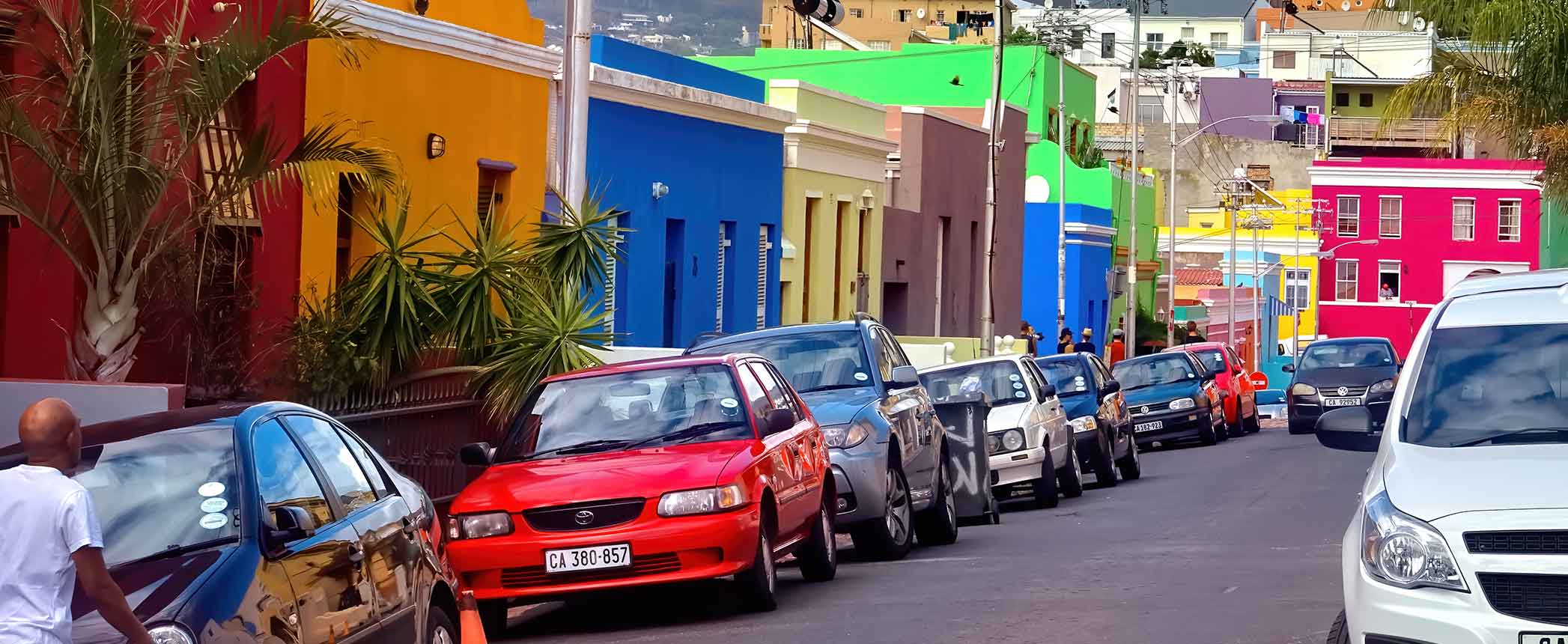
South Africa is dragging its heels on the path to vehicle electrification. Expanding the fleet and infrastructure is essential but investment in people more so.
Investment in EVs is crucial to South Africa’s future economy, according to the CEO of local charging infrastructure company GridCars, but sales of electric vehicles have been painfully slow compared with Europe.
There are only 867 EVs currently registered in the country, according to data collected by the Ministry of Transport, and the single biggest obstacle to widespread uptake of EVs in the country is a 25% tariff on imported EVs. Duty on conventional engine cars and hybrids is only 18%. With an extra luxury goods tax on top, a whopping 42% of an EV’s price tag is tax.
“We’re not quite sure how the tax has been justified,” Winstone Jordaan, CEO of GridCars, South Africa’s sole integrated charging equipment and charging management software company, told Lubes’n’Greases.
South Africa’s Department of Trade and Industry – which had previously entered into negotiations with the European Union (the source of many cars imported into the country) to lower its tariff to be on par with conventional engine imported in exchange for other EU concessions – maintains that the tariff should remain in order to stimulate domestic production.
Tinyiko Mafuwane, director of the DTI’s industrial development division automotive unit, told local media that South Africa’s government regards EVs as an “industrialization opportunity” and that the tariff would “ensure the viability of any move to manufacture EVs in country.”
“We as the industry are trying to canvas the government but it’s not getting very far,” Jordaan said. The South African subsidiaries of BMW and Nisan have also lobbied the government to lift the tariff. The DTI were not available to comment when contacted for this article.
Unless the tariff is repealed, the immediate future of the industry is not bright, said Jordaan. “In the short term, we are going to take a hard hit. We will fall severely behind sales internationally, just because the cars are that much more expensive.”
The long-term outlook is just as bad, he said. “We would have to get in sync with the rest of the world regardless of what’s happening with taxes, just simply because of the availability of vehicles. VW will stop making petrol cars in 2026, [so] where do we expect to buy new petrol cars?”
VW, as well as several other European, Japanese and American original equipment manufacturers produce cars in the country, most of which are for export. No EV models are produced locally, however.
|
“What we are going to end up having is, if the government tries to ensure it holds a position on petrol cars, all they are going to be doing is locking South Africa into a cycle of poverty. The long-term picture is bleak if we don’t move quicker.”
— Winstone Jordaan, CEO of GridCars
|
The downsides of lagging behind on uptake of EV technology – pollution and higher running costs of conventional vehicles – are wide reaching. Unless industry and academia can keep up with the move to EVs, Jordaan predicts South African engineering students and qualified automotive engineers will look for training and career opportunities overseas.
“That penalty will have a massive economic impact on the country,” he cautioned, adding, “What we are going to end up having is, if the government tries to ensure it holds a position on petrol cars, all they are going to be doing is locking South Africa into a cycle of poverty. The long-term picture is bleak if we don’t move quicker,” he said.
But there is a way forward, Jordaan argued. “The enabler would be first to equalize the tax but secondly to remove the tax for just a period of three years or five years, as the rest of the world has done, and allow electric vehicles to get that foothold,” he said.
GridCars is working to develop the infrastructure that such vehicles would need. It expects to have 55 public fast charging stations installed in the country by the end of the first quarter of 2019.
“Before GridCars installed its fast chargers, there were only six or seven in the country and all only in the major centers. Now all the major highways are covered by fast chargers, in the worst case 200 kilometers apart, but in many cases 100 km apart.”
The company also currently has a partnership with Jaguar Land Rover that has so far invested U.S. $2.13 million in 82 public DC fast charging stations along South Africa’s main highways and tourist sites.
Jordaan is upbeat about the future of South Africa’s EV market, as long as the tax penalty is lifted.
“If we see light in the next six months, I think we’re still in a position to save the day … control our destiny and potentially even become a strategic manufacturer.”

Sorry, a technical error occurred and we were unable to log you into your account. We have emailed the problem to our team, and they are looking into the matter. You can reach us at cs@lubesngreases.com.
Click here link to homepage